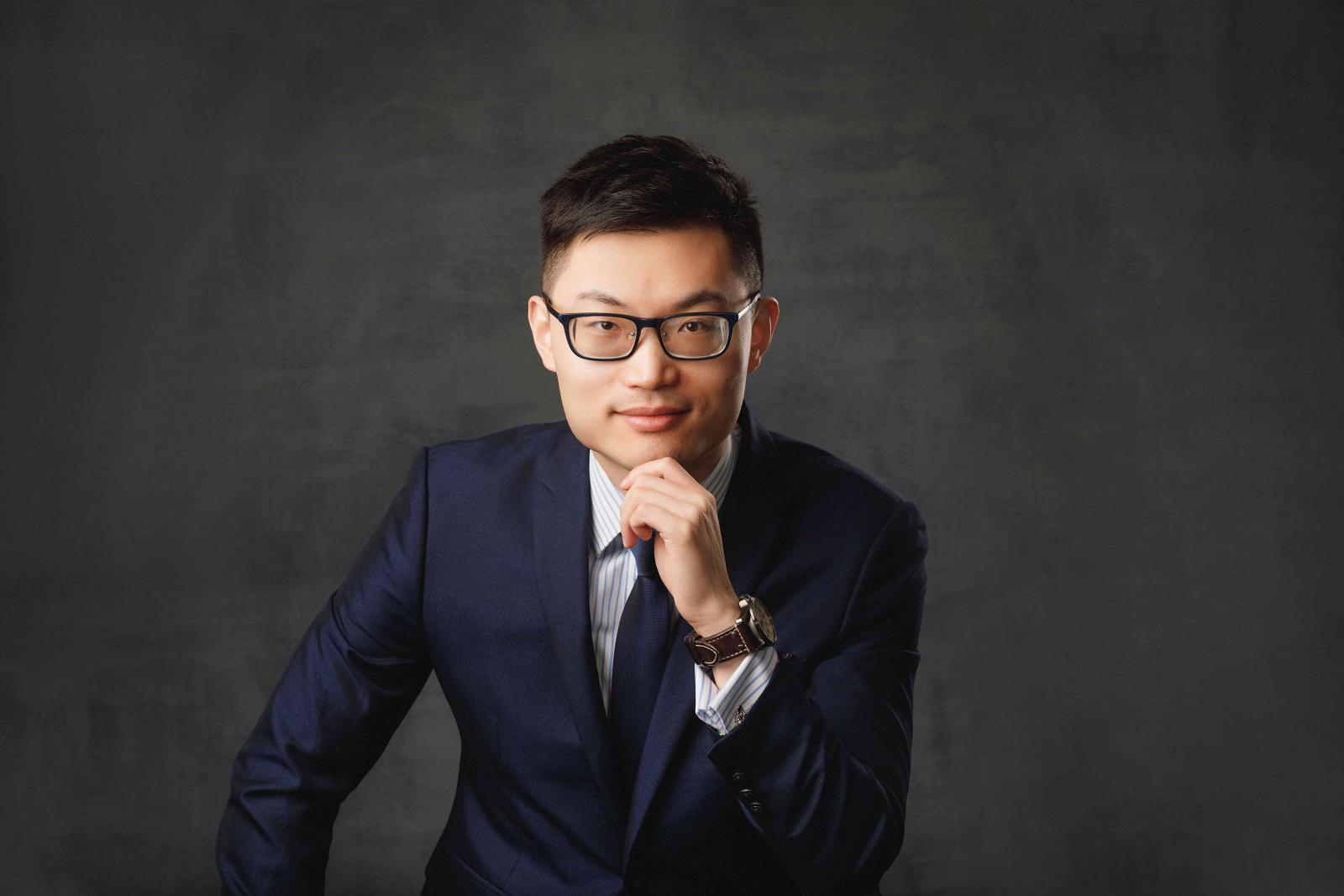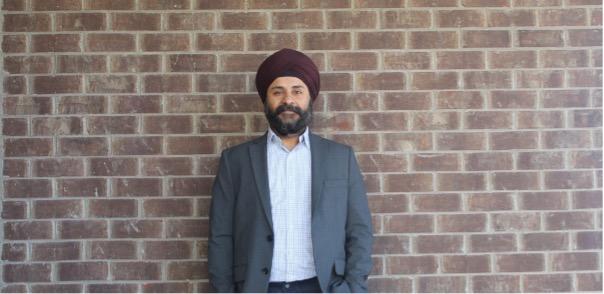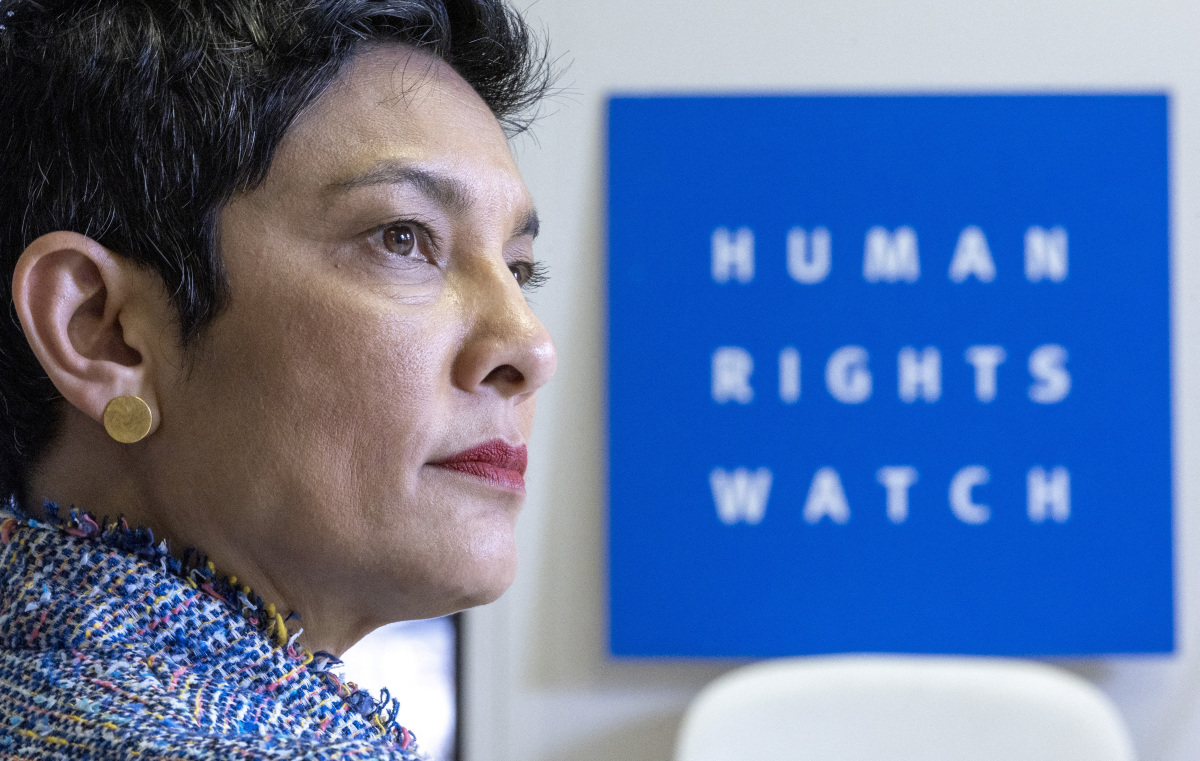When Wenbo Zhang completed his undergraduate studies and secured a degree in engineering from the South China University of Technology, he immediately jumped into furthering his education and research at the University of Pennsylvania. At UPenn, he was a researcher focusing on artificial intelligence in robotics. One of his research publications is about using reinforcement learning algorithms in multi-robot systems. This method helps avoid collisions between self-driving vehicles and has a number of other applications.
During the long hours Wenbo spent trying to program a way to plan a path for different robots so that each could get from its initial position to an end-point, he realized that his own career was not so different. As a longtime student who had yet to set foot in the professional world, Wenbo was simply trying to figure out his path from point A to point B without running into obstacles along the way. For the robots, he designed a deterministic reinforcement learning algorithm to train a policy model, but for himself, he had to plan manually and take each step as it came. Just like the robots were able to experience reward functions when they succeeded, life had its own set of reward functions for Wenbo’s career as each step unfolded.
This research project resulted in a policy model that is capable of planning safe paths for up to 5 different robots, and the model and experimental results themselves were turned into a research paper. With a lot of momentum as an expert in his field, Wenbo continued researching and started work on his master’s thesis. He designed a prediction framework based on the AutoEncoder that can predict the future state of deformable objects, like ropes, in just 10 steps. The final research paper for Wenbo’s thesis was accepted by the ICRA in 2021 and he received an Outstanding Research Award from UPenn’s School of Engineering and Applied Science.
He realized through research that his favorite part of building something new wasn’t actually the end product at all. Instead, Wenbo was fascinated by truly understanding the problems at hand. His extensive curiosity and perseverance were two traits that helped him grasp the actual problems instead of blindly moving forward with quick solutions. Applying this same logic to his academic and professional life has advanced Wenbo’s career time and time again.
Lacking professional experience and the opportunity to apply his learnings at a company, Wenbo made the jump to the startup scene after completing his master’s program. He wanted the opportunity to work on large, multi-faceted projects, so he joined GreyscaleAI as a founding software engineer.
GreyscaleAI combines computer vision algorithms and X-Ray images to advance food product inspection and food safety. Common foods sometimes contain foreign materials including bones and metals, and since the FDA recalls products if foreign materials are found by customers, food companies need secure ways to ensure that their products are free from foreign objects and safe to distribute. Wenbo is thrilled to be able to wear multiple hats and tackle big challenges in his role at GreyscaleAI, but even more importantly, he gets to use technology to solve big problems and keep everyday food safer for people.
Wenbo takes every new experience as a learning opportunity. His passion is building engineering products from scratch, but by taking the time to “program his own algorithm” with a variety of projects, his future endeavors will avoid roadblocks and have a better chance at success.







